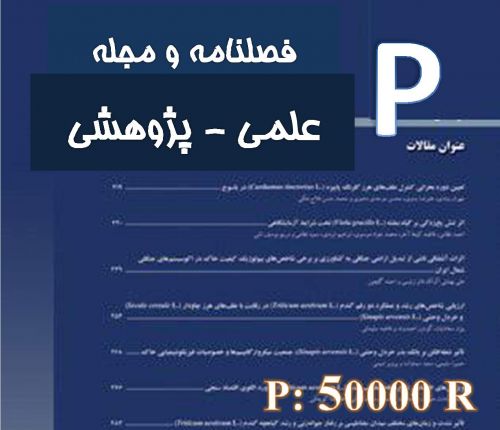Aim: The purpose of this study was to evaluate the effect of smart training on self‑effcacy and self‑regulation in science course of male students in the Fifth Grade of primary schools of Sabzevar. Methods: This research was semi‑experimental study using pretest‑posttest with control group. Population included all male students in the Sixth Grade of primary schools in 2014. The sampling method in this study was a random cluster, and the sample size is equal to 56 (28 persons are present in the experimental group and 28 persons in the control group). The required data were collected using general self‑effcacy and Boufard’s self‑regulation scale. The experimental group received science course by smart teaching and control group received by traditional methods. The research was carried out for one semester. SPSS software (IBM Company in USA), descriptive statistics, and covariance analysis were used to analyze data. Results: The results showed that there are signifcant differences between the scores of the two groups, and smart training increased the self‑effcacy and self‑regulation more than traditional methods.Conclusion: Based on results of this research, smart schools cause the development of self‑effcacy and self‑regulation more than traditional schools, and smart schools prepare students to face mental and environmental challenges and damages by self‑effcacy and self‑regulation skills.
کلید واژگان :Self‑effcacy, self‑regulation, smart training
ارزش ریالی : 350000 ریال
با پرداخت الکترونیک
جزئیات مقاله
- کد شناسه : 3159604606140720
- سال انتشار : 2017
- نوع مقاله : پذیرفته شده در مجلات علمی و پژوهشی
- زبان : انگلیسی
- محل پذیرش : International Journal of Educational and Psychological Researches
- برگزار کنندگان :
- ISSN : 2395-2296
- تاریخ ثبت : 1399/05/08 22:37:41
- ثبت کننده : علی محمد ناعمی
- تعداد بازدید : 216
- تعداد فروش : 0
